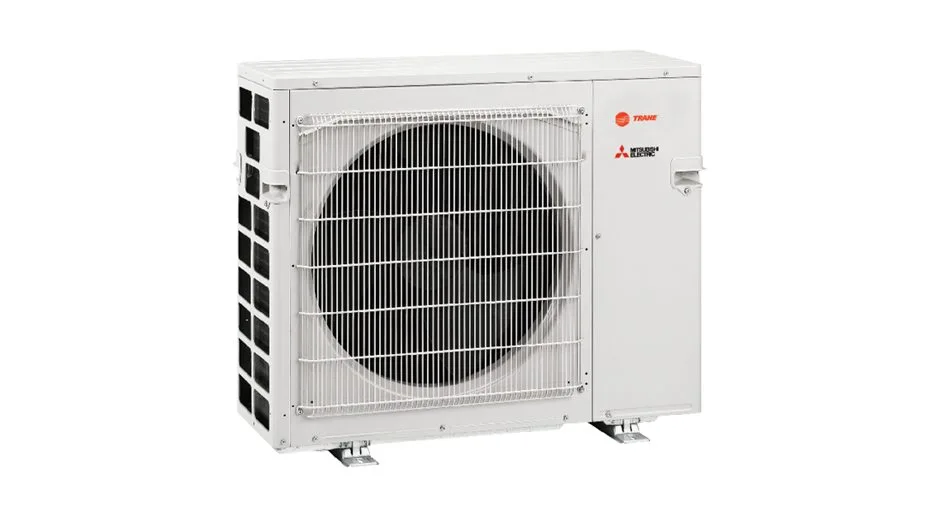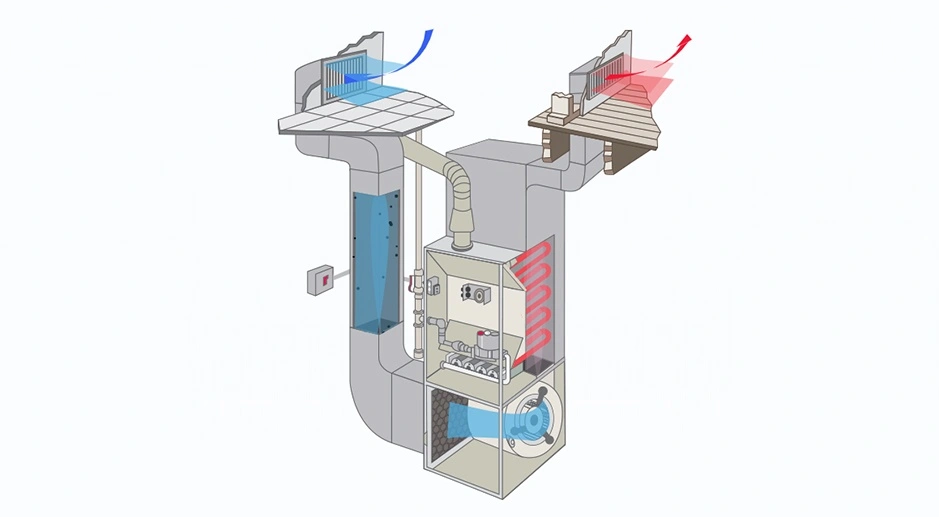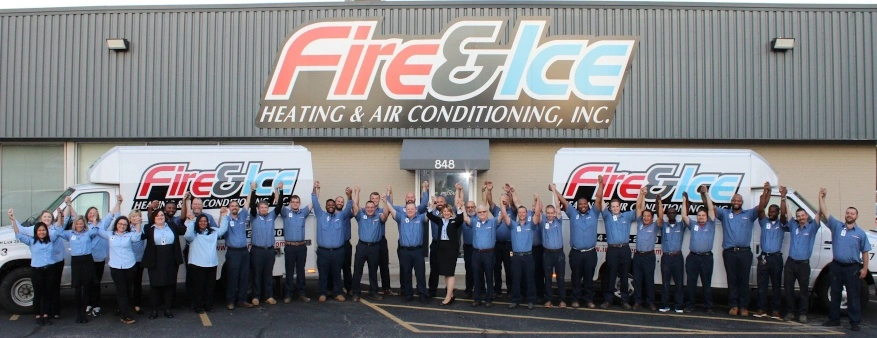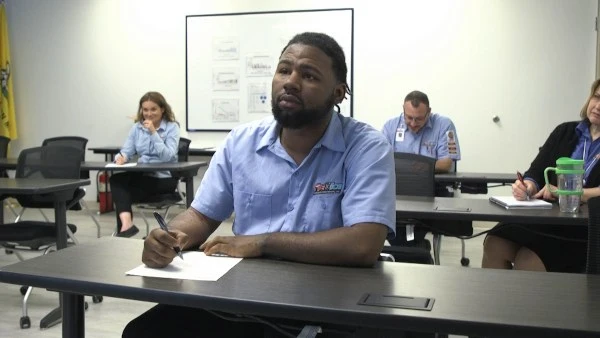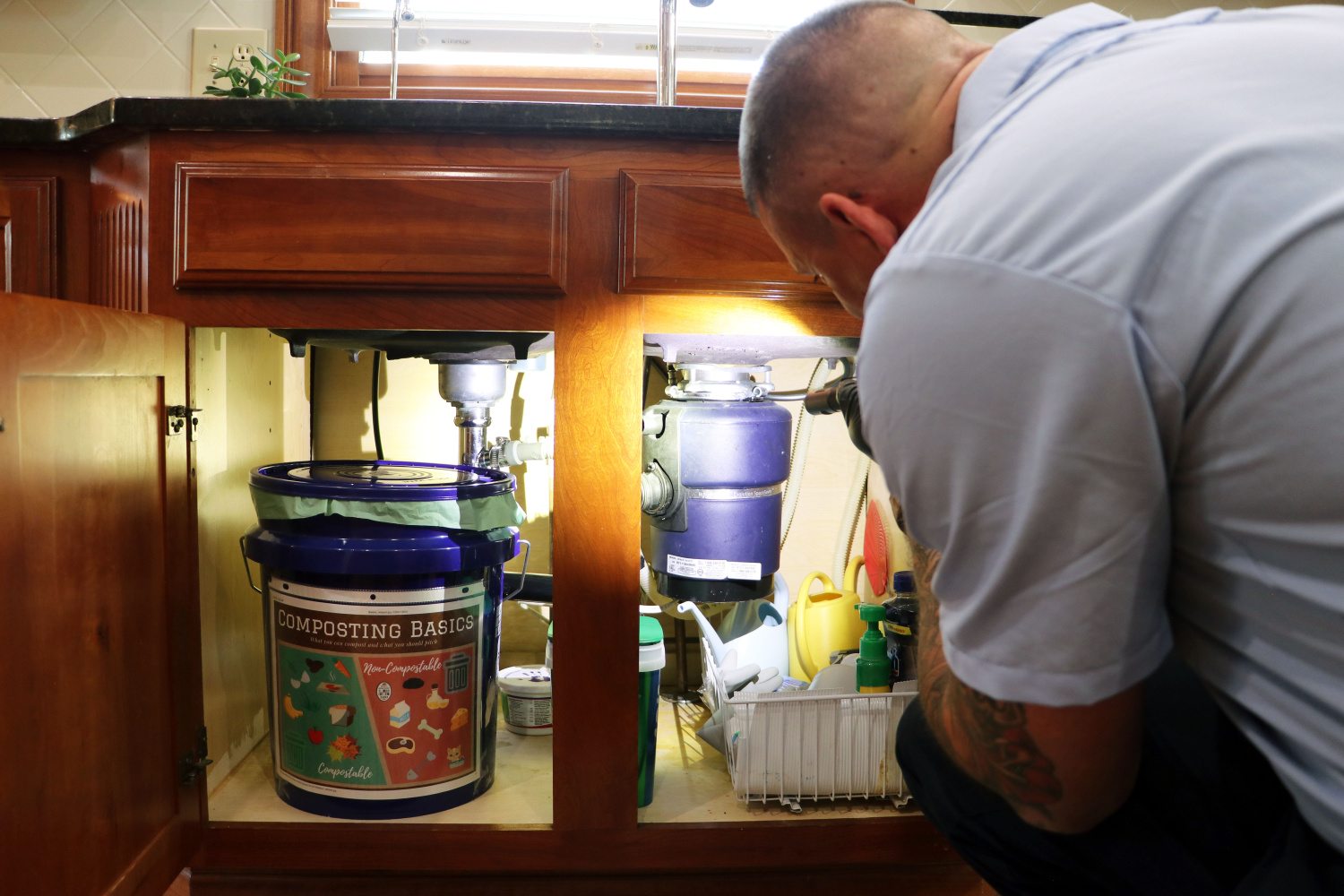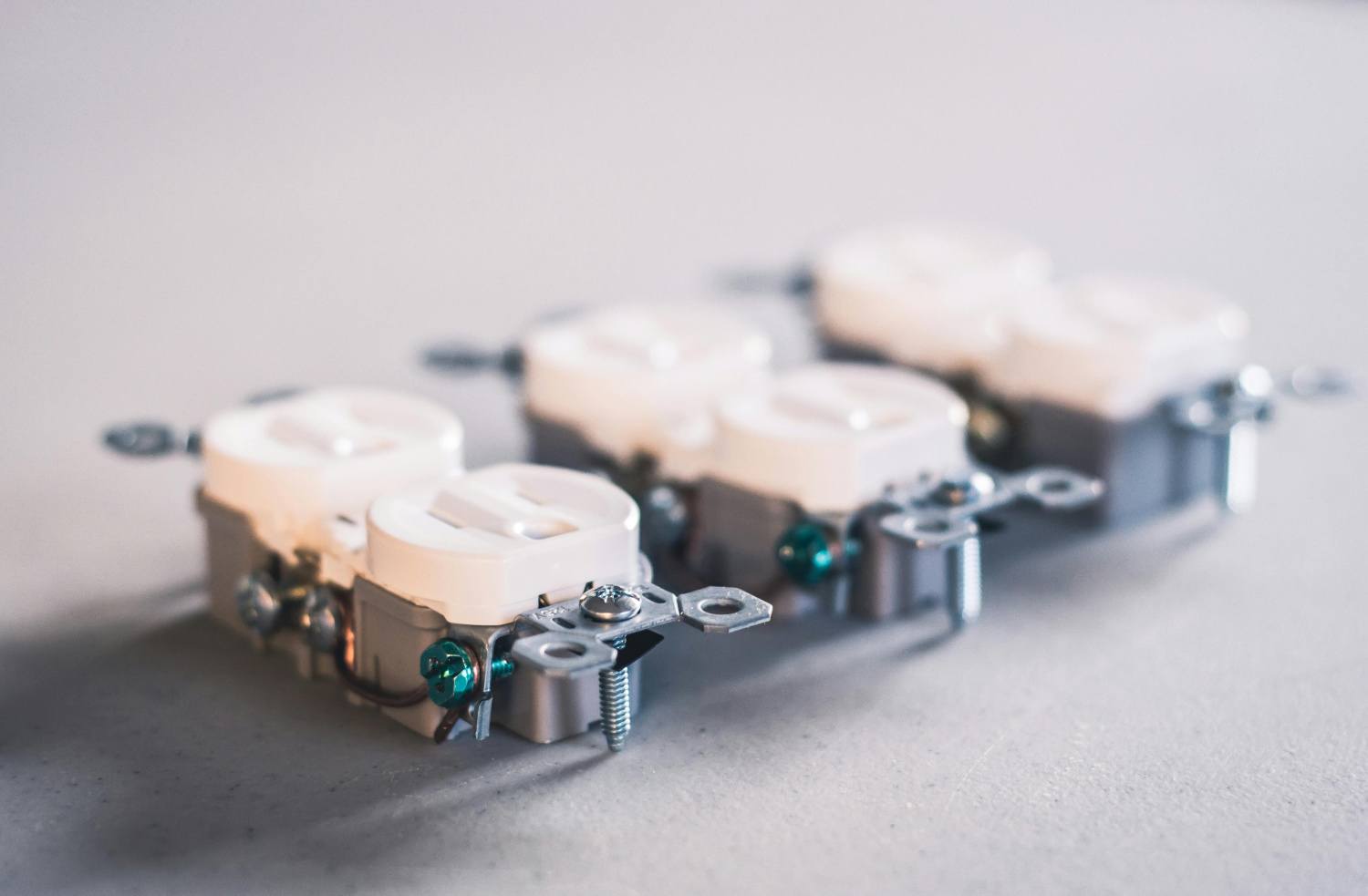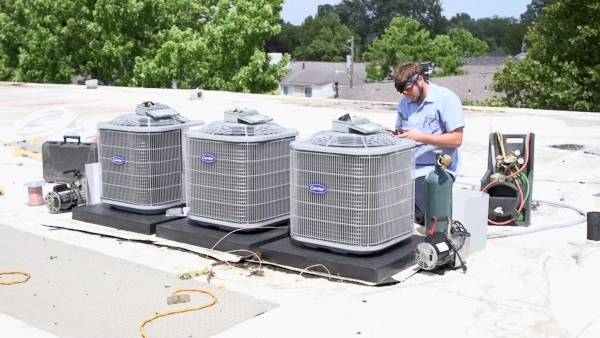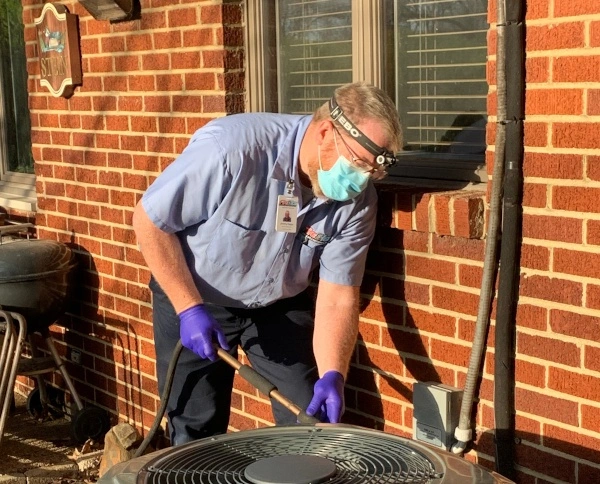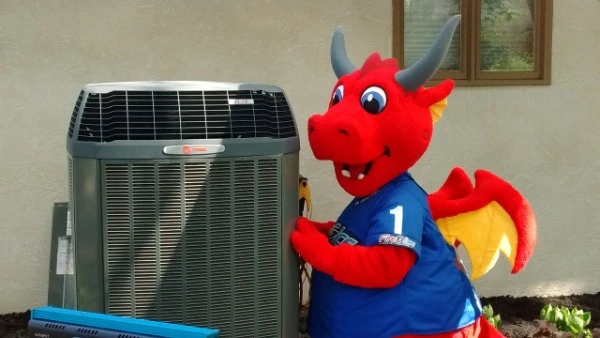
Revised:
January 7th, 2022
How do you know if you need a permit? Why do you need an inspection? In this video we’ll look at why permits and inspections are an important part of HVAC installation.
Hi, I’m Roger with Fire & Ice. Over the years we have installed thousands of HVAC systems across Central Ohio. With every one of those installations, we have pulled permits and had our work scrutinized by city inspectors. Why? Well, it’s the law here in Columbus, Ohio, and across Ohio. And it protects you as a homeowner from a poor and potentially dangerous installation. By the end of this video, you’ll know what permits and inspections are, why they’re important, and even how to find out if your current system had permits pulled.
What is a permit?
A local government issues a building permit to give a contractor or homeowner permission to alter, move, or add structures onto their property. Alterations that require permits are typically permanent, like for a new furnace or air conditioner or addition. Appliances such as stoves or refrigerators are not. Permits vary by municipality, requiring different restrictions and requirements. When it comes to your HVAC, any major installation requires a permit. For the most part a licensed HVAC contractor will be able to help answer any specific questions you may have regarding the permit process. If you’re ever in doubt, contact your city or municipality for more information.
What is an inspection?
An inspection is to ensure the work done during a permitted job follows local and state building codes, as well as manufacturer specifications. They are done by a third-party inspector from your local municipality. A common misconception is that the inspector is there to inspect the entire home. The truth is their general focus is the, but they are required to assess anything they see that is unsafe. Your permit fees will cover the cost of an inspection. However, if something was installed improperly and fails the inspection, you or your HVAC contractor will need to pay for an additional inspection.
Most HVAC installations are considered small projects and will need only a single permit and inspection. Typically, an inspection of a new HVAC system will need to be done within 90 days of the permit being pulled. However, we recommend that our customers get their new system inspected as soon as possible. During our Final Quality Inspection, we will schedule the inspection for the homeowner if they haven’t already.
Why Do I Need a Permit and Inspection for HVAC Work?
So far, we’ve covered what permits and inspections are, but why do you need them? The simple answer is they protect you and your family. Unfortunately, some HVAC contractors don’t pull permits, and there are a number of reasons why they don’t. Either 1) they aren’t licensed 2) pulling permits costs time and money or 3) they’re afraid of the inspection. On your next HVAC project make sure you go with a licensed HVAC contractor that does the right thing with permits and inspections.
What are the consequences of skipping permits and inspections?
Let's discuss the consequences of skipping permits and inspections. The end result can fall into one of three categories: safety, quality and legal repercussions. Safety is the number one reason for obtaining a permit and an inspection. HVAC equipment can be dangerous if not installed correctly.
Most furnaces installed in central Ohio use natural gas, a flammable combustible gas. If an HVAC system is not installed properly, bad things can happen, such as carbon monoxide leaks or worse. Unfortunately, people have died because the contractor they employed was not licensed and didn't pull permits. I don't mean to be an alarmist, but it's a very real possibility in central Ohio. A permit can range between $75 and $250, but is a small price to pay to keep your family safe.
A second consequence is the quality of your installation can suffer. If an inspection isn’t performed, improper installation techniques will go unnoticed and can rob you of comfort, resulting in wasted energy, and can lead to premature breakdowns in the future. A typical HVAC system should last 15 to 20 years when installed correctly. A poor installation that goes unchecked because there wasn’t an inspection done can last a fraction of that amount.
At Fire and Ice, we understand the importance of a good installation. After every installation, the original sales professional comes out again to ensure the installation was done to our standards and meet customer expectations. This extra step goes above what an inspector looks for and adds another layer of accountability for our installers.
The last consequence for not having a permit and an inspection done on your HVAC are potential legal repercussions. Remember, permits allow you to legally make permanent changes to your home. Not obtaining one can cost you. Are you planning to sell your home in the future? Any pending permits can hold up the sale of your home. Conversely, looking to buy a new home? Imagine how unhappy you’d be to discover work done on your home was done without a permit.
What are the next steps?
When it comes to having a new HVAC system installed, make sure you partner with a good contractor that will do the right thing. If you’re ever in doubt, ask your HVAC contractor these three questions: Are you licensed? Do you regularly pull permits? And are the permit fees included in the cost of installation? Answering yes to these questions is a good barometer of a good HVAC contractor.
If you’re in the Central Ohio area and need a new HVAC system, fill out the form on our website to schedule an estimate for your next HVAC project. Thank you for watching and we look forward to making your day better.


